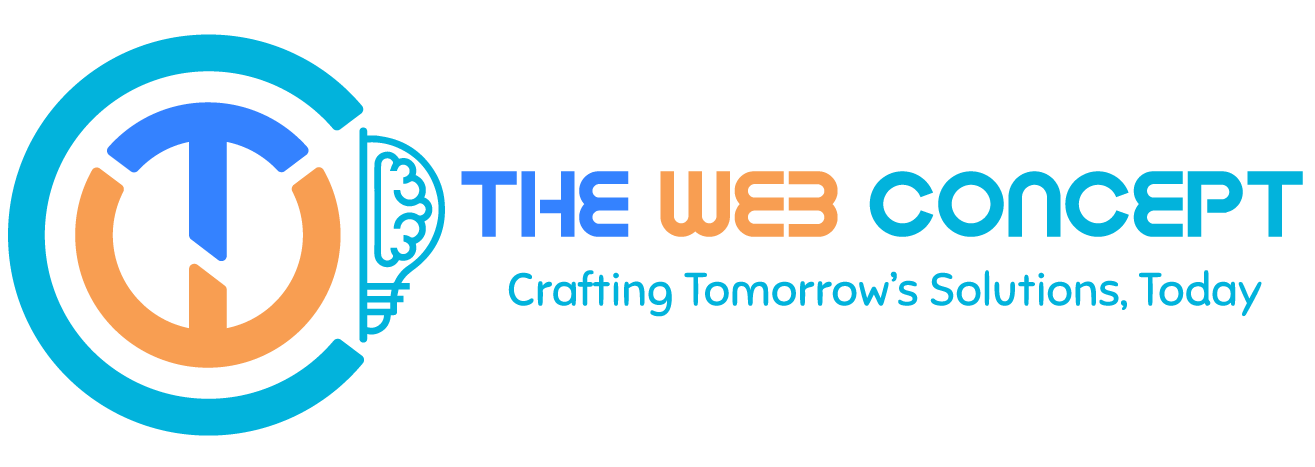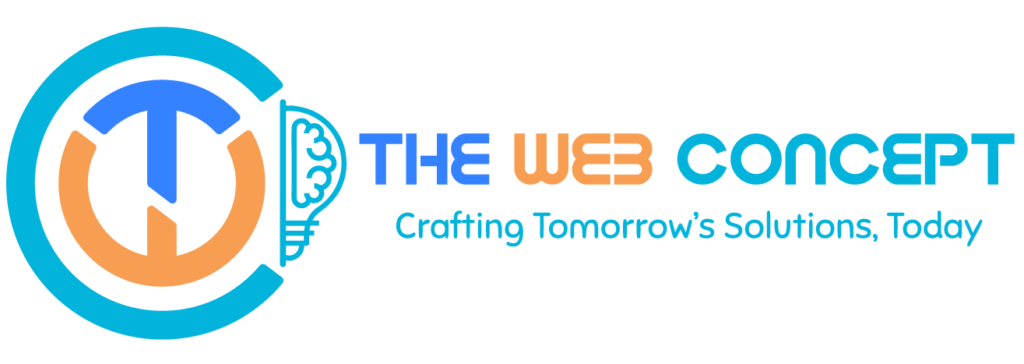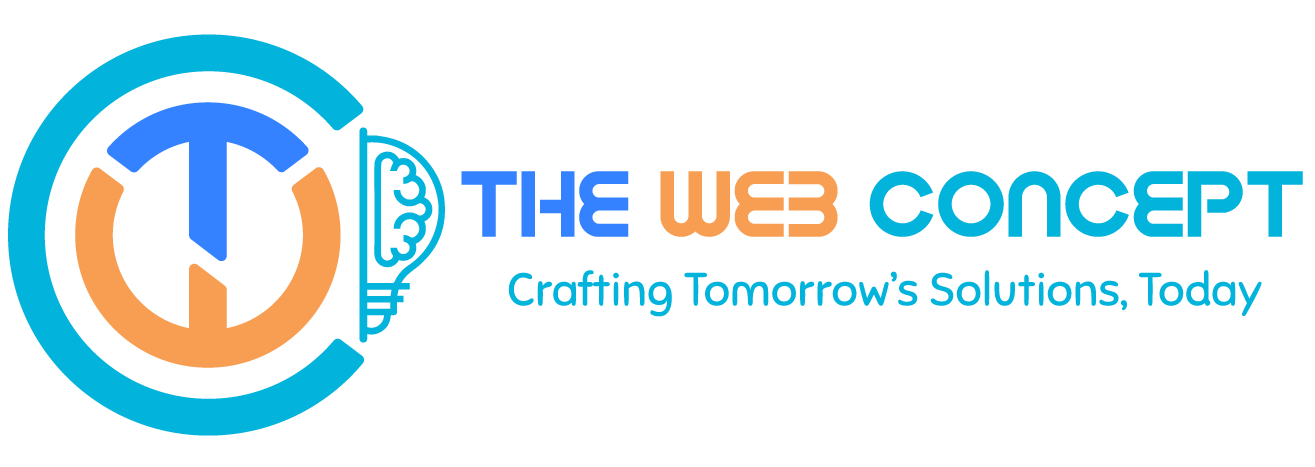Digital marketing is no longer just an option; it’s a necessity for companies looking to stay
competitive. As a professional in the field, I want to help you understand how digital marketing
can be a powerful tool to meet your business objectives. This article will walk you through key
digital marketing strategies that can drive growth and help your business thrive in the web era.
Whether you’re familiar with these concepts or just getting started, the goal here is to educate
you on how to best utilize these strategies for maximum impact.
What Is Digital Marketing?
Digital marketing refers to the use of online channels such as search engines, social media, and
email to connect with your audience and promote your products or services. It’s not just about
putting ads on websites; it’s about creating meaningful interactions with your customers across
multiple digital touchpoints.
Why Is Digital Marketing Critical for Your Business?
For any business to grow in today’s environment, digital marketing offers several critical
advantages. Understanding these benefits will give you a better perspective on why investing in
digital marketing is crucial:
Wider Reach: With the internet available worldwide, your audience is not restricted to a
geographic area. Digital marketing allows you to tap into global markets with minimal
costs.
Cost-Effectiveness: Traditional marketing methods like print ads or TV commercials are
expensive. In contrast, digital marketing campaigns can be tailored to fit any budget
while often delivering more targeted and measurable results.
Real-Time Analytics: One of the greatest benefits is the ability to track and measure the
effectiveness of your campaigns in real-time. This enables you to make data-driven
decisions and optimize your marketing efforts.
Key Strategies in Digital Marketing
Now that we understand why digital marketing is so important, let’s look at the core strategies
that will help your business grow.
Search Engine Optimization (SEO)
Search Engine Optimization, or SEO, is a fundamental part of digital marketing. SEO focuses
on improving the visibility of your website on search engines like Google. When done correctly,
SEO helps your website rank higher, making it easier for potential customers to find you.
How SEO Works
Search engines rely on algorithms to rank websites based on several factors—keywords, user
experience, and site authority. To improve your ranking, ensure that your website is optimized
for the right keywords, offers a smooth user experience, and contains high-quality content.
Why Keywords Matter
Keywords are the phrases people use when searching online. Incorporating relevant keywords,
like “digital marketing,” into your website’s content helps search engines understand your
business and boost your ranking.
Social Media Marketing
Social media platforms offer unique opportunities for engaging directly with your audience.
Platforms like Facebook, Instagram, and LinkedIn allow businesses to build relationships with
customers and create brand loyalty.
Choosing the Right Platform
Each platform serves different audiences. For example, LinkedIn is excellent for B2B marketing,
while Instagram works better for visually-driven brands. Selecting the right platform is critical to
reaching the correct audience for your business.
Content That Engages
Successful social media marketing is about more than just posting regularly; it’s about creating
content that resonates with your audience. Engagement drives success. High-quality, shareable
content keeps your followers invested in your brand.
Email Marketing
Email marketing continues to be one of the most effective channels in digital marketing. Unlike
social media, where your content may get lost in a feed, emails land directly in the inbox of your
audience. This allows for personalized communication and better engagement.
Growing Your Email List
A good email list is built on providing value. Offering exclusive discounts, free resources, or
helpful newsletters are ways to encourage people to sign up. Focus on gathering contacts who are
genuinely interested in your business.
Best Practices for Email Campaigns
Always ensure that your emails are relevant, personalized, and clear. Avoid overwhelming your
subscribers with too much information or too frequent emails. The goal is to keep them
interested without being invasive.
Pay-Per-Click (PPC) Advertising
Pay-Per-Click (PPC) is a digital marketing model where advertisers pay a fee each time their ad
is clicked. Essentially, it’s a way of buying visits to your site rather than earning them
organically. PPC is commonly used in search engine advertising, social media platforms, and
display networks.
Types of PPC Ads
Search Ads: The most common PPC format, these appear on search engine results pages
(SERPs) when users search for certain keywords.
Display Ads: Banner ads that appear on websites within a network, such as Google’s
Display Network.
Social Media Ads: PPC ads that run on platforms like Facebook, Instagram, and
LinkedIn, often targeting specific audiences based on their interests and behaviors.
Shopping Ads: These appear for product-related searches and include images, prices,
and links to the store.
Content Marketing
Content marketing is all about providing value through high-quality, informative content. This
could be through blog posts, videos, infographics, or case studies. The objective is to create
content that answers your audience’s questions and establishes your brand as an expert in the
field.
Types of Content
The type of content you choose should align with your business and audience. For example,
long-form blog posts might work well for in-depth topics, while videos or infographics may be
more effective for visually-driven subjects.
Content Strategy
A well-structured content strategy includes regular updates to your blog, newsletters, and social
media channels. Focus on solving your audience’s problems and answering common questions.
This approach builds trust, which is the foundation of successful digital marketing.
Paid Advertising
Organic methods are important, but paid advertising can amplify your digital marketing efforts.
Platforms like Google Ads and social media ads allow you to target specific audiences quickly
and efficiently.
Google Ads for Quick Results
If you’re looking to boost your website’s traffic fast, Google Ads is one of the most effective
methods. It allows you to bid on keywords so that your website appears at the top of search
results, making it easier for customers to find you.
Social Media Ads
Social media platforms also offer advertising options that allow you to target specific
demographics and interests. These ads can help you increase your reach and promote specific
products or services.
Analytics: Measuring Your Success
One of the most important aspects of digital marketing is being able to track your performance.
Whether it’s SEO, email marketing, or social media campaigns, analytics tools provide valuable
insights into what’s working and what’s not.
Key Metrics to Track
Some of the key performance indicators (KPIs) to monitor include website traffic, conversion
rates, and social media engagement. Understanding these metrics helps you adjust your strategies
for better results.
Conclusion
Digital marketing in the web era offers powerful tools for growing your business, from SEO to
paid advertising. By leveraging these strategies effectively, you can reach a wider audience,
build meaningful relationships with customers, and drive long-term success. The key is to
continuously measure your performance and adjust your approach to stay ahead of the
competition.
FAQs
What is digital marketing?
Digital marketing refers to promoting products or services using online channels like search
engines, social media, and email to connect with customers.
Why is digital marketing important for businesses?
Digital marketing is essential because it allows businesses to reach a wider audience, engage
directly with customers, and track results in real-time, making it cost-effective and efficient.
What is the best digital marketing strategy for my business?
The best strategy depends on your business goals, target audience, and resources. Start with SEO
and social media marketing, then explore paid advertising for faster results.
How long does it take to see results from digital marketing efforts?
It varies. SEO can take several months to show results, while paid advertising can generate
immediate traffic and leads.
What is the role of content in digital marketing?
Content is crucial for engaging your audience, building trust, and improving your SEO. Highquality, informative content can help establish your brand as an expert in your field.












